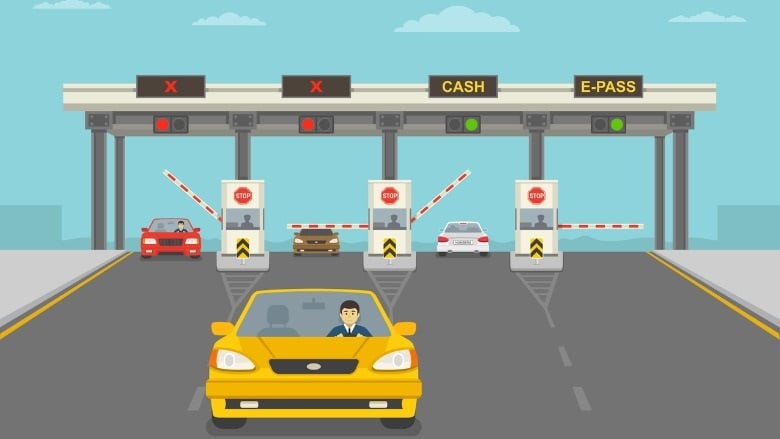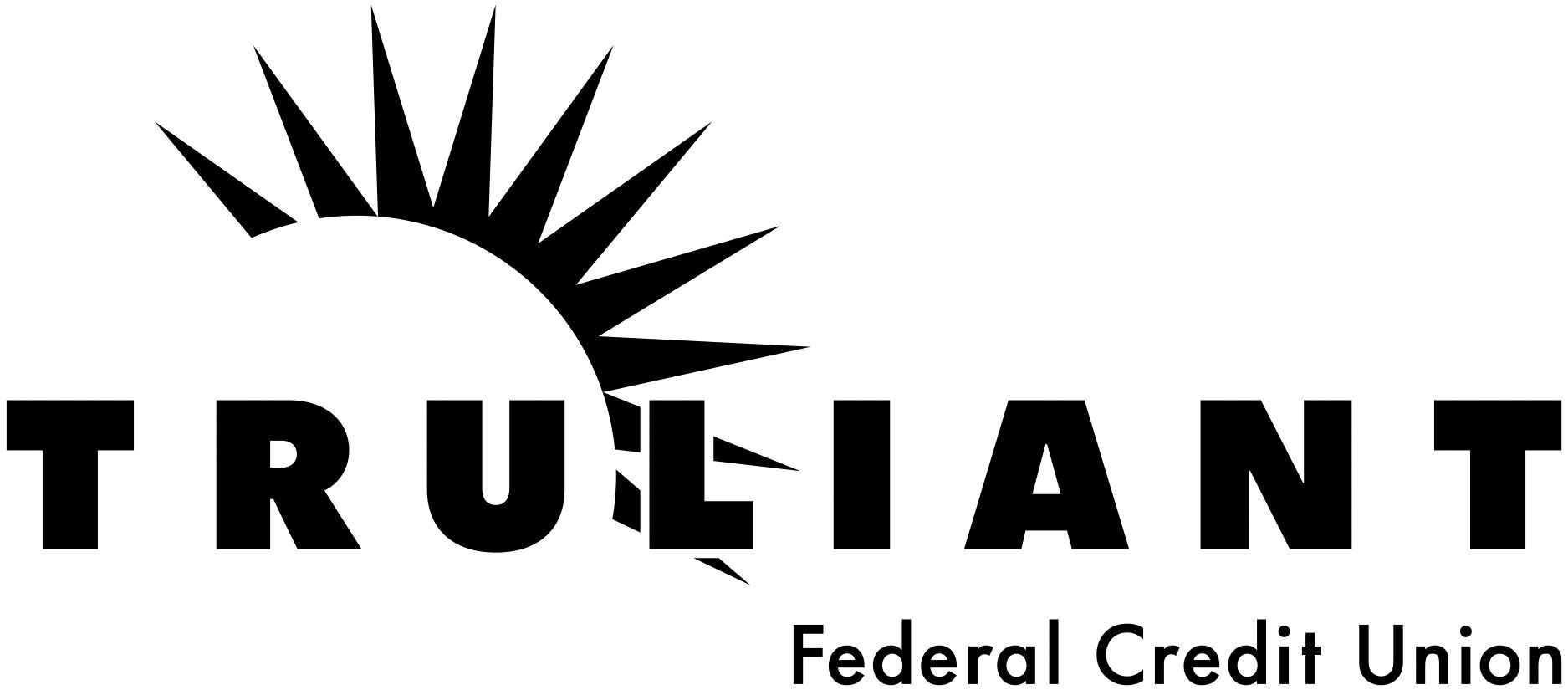Toll Road Scams

Toll Road Scams: Protecting Yourself on the Open Road
Toll road scams target unsuspecting drivers, attempting to lure them into paying a fake toll. The scammers use your payment information to steal money from your account and possibly for identity theft.
Most toll road companies send invoices by mail and not electronically, unless you specifically opt-in to receive them electronically. If you receive an electronic invoice this is your first warning sign it is most likely a scam.
Toll road scams take two common forms:
Toll road scams target unsuspecting drivers, attempting to lure them into paying a fake toll. The scammers use your payment information to steal money from your account and possibly for identity theft.
Most toll road companies send invoices by mail and not electronically, unless you specifically opt-in to receive them electronically. If you receive an electronic invoice this is your first warning sign it is most likely a scam.
Toll road scams take two common forms:
- Phishing Scams: Fraudulent emails or text messages that appear to come from legitimate toll authorities. Scammers claim you have an unpaid toll, prompting you to click a link that leads to a fake website used to steal money from your account or for identity theft.
- Robo-Calls and Voicemails: Scammers use automated calls to contact drivers claiming to represent toll road authorities. They use fear tactics, such as threats of fines or vehicle registration holds, to pressure individuals into providing payment information over the phone.
- Unusual Payment Requests: Always be cautious if you're asked to pay tolls using unconventional methods, such as gift cards, wire transfers, or cash delivered to a location.
- Pressure Tactics: Legitimate toll authorities will never pressure you to pay immediately or threaten legal action without proper communication.
- Unfamiliar Contact Information: Scammers often use email addresses and phone numbers that don't match the official toll authority's contact information or may use non-secure websites.
- Verify Information: Most Tool Road companies send invoices by mail, not electronically. Do not click on links or provide any personal information. Instead, go directly to the official website of your local toll authority or call their official number for confirmation.
- Use Official Transponders: Consider getting an official electronic transponder if you frequently use toll roads. This allows for auto-payment and helps ensure you are only charged the correct tolls.
- Report Suspicious Activity: Report scam communications to your local toll authority and law enforcement.




